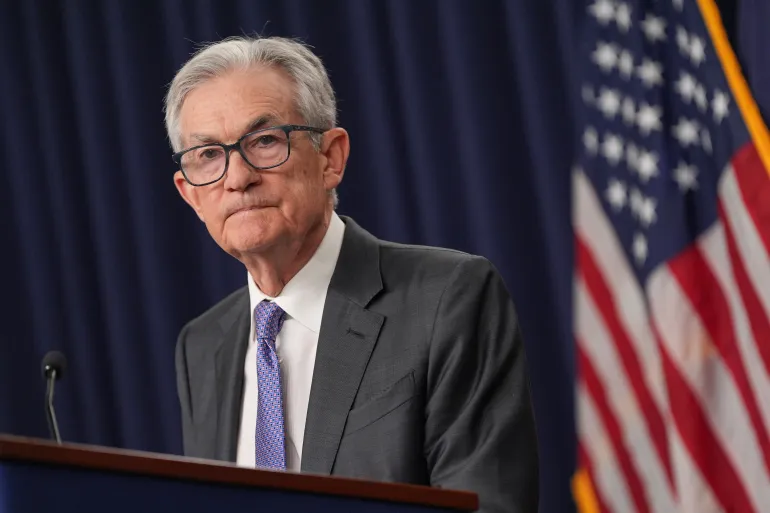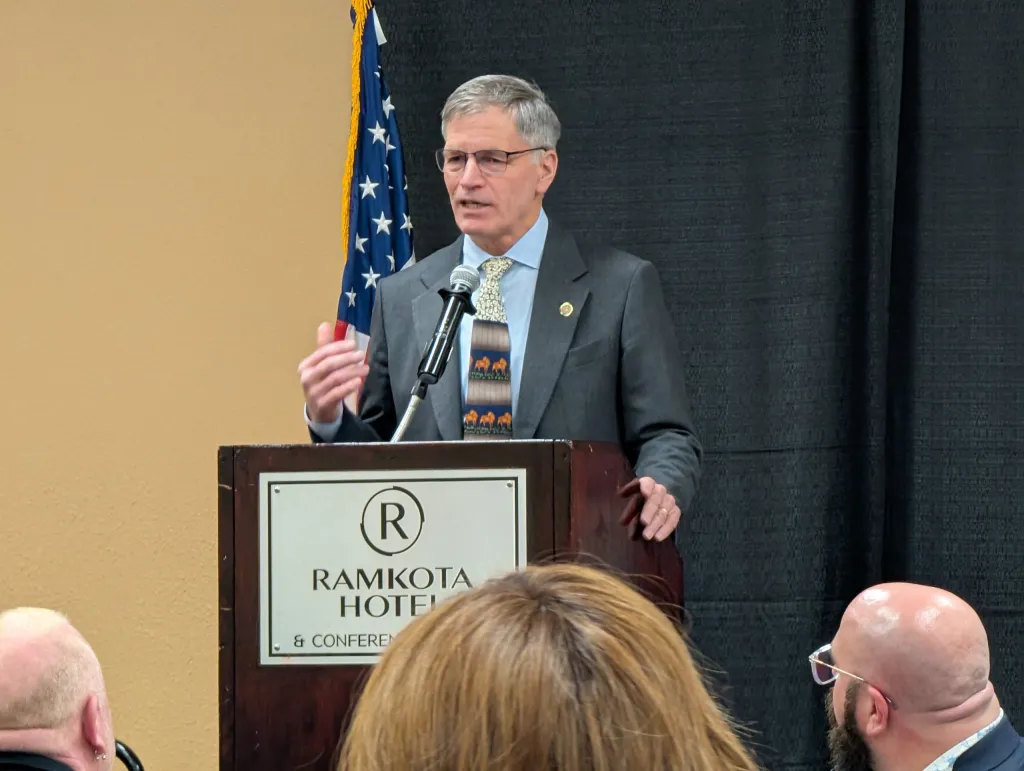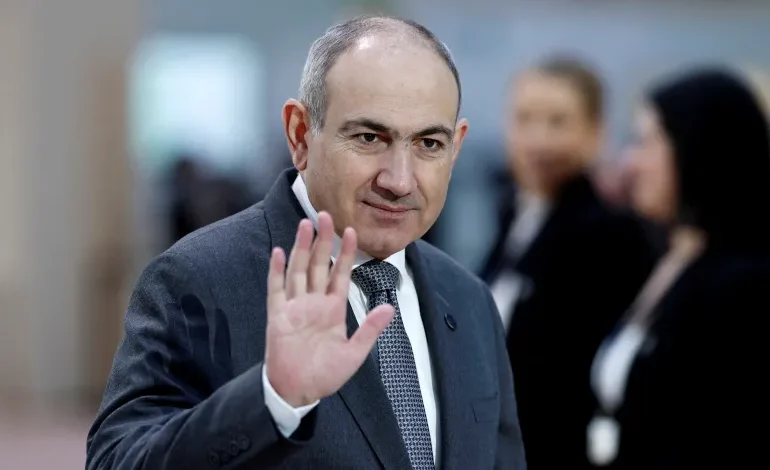Armenian Prime Minister Nikol Pashinyan is trying to reinvent his country as a democratic reformer leading a decisive break from Moscow’s orbit, but his latest announcements: from shortening mandatory military service to pushing Armenia toward European Union membership, reveal a deeper contradiction at the heart of his politics: he is betting on rapid Western integration while his country remains dangerously dependent on Russian energy, security, and infrastructure.
From shortening mandatory military service to pushing Armenia toward European Union membership, reveal a deeper contradiction at the heart of his politics: he is betting on rapid Western integration while his country remains dangerously dependent on Russian energy, security, and infrastructure.
Pashinyan’s decision to reduce military service from two years to 18 months starting in 2026 looks, at first glance, like a modernization move. In reality, it’s a gesture with troubling timing. Armenia’s army, still recovering from the devastating 2020 and 2023 conflicts with Azerbaijan, remains under-equipped and demoralized. Shorter conscription might please young voters, but it risks further weakening the country’s already strained defense capabilities.
This comes at a moment when Baku, emboldened by military victories and quiet backing from Ankara, continues to expand its influence along the border. Reducing the country’s defense manpower now, before real military reform or modernization has taken place, is not modernization, it’s wishful thinking.
Foreign Minister Ararat Mirzoyan, in his interview with Deutsche Welle, painted a picture of progress: a “Trump-mediated” Washington summit, signed declarations of territorial integrity, and promises of new transport links. Yet beneath the diplomatic gloss lies a familiar imbalance. Azerbaijan has imposed new preconditions, demanding constitutional changes in Armenia, effectively dictating Yerevan’s internal politics.
Pashinyan’s government insists this is a misunderstanding, that the constitution contains no territorial claims. But his eagerness to satisfy Western and Azerbaijani partners simultaneously leaves Armenia vulnerable to pressure from both sides. Peace, under these terms, risks becoming a euphemism for strategic submission, where Armenia trades sovereignty for promises of normalization that may never fully materialize.
But this Western turn comes without a viable replacement for what Russia still provides: security guarantees, energy imports, and labor migration markets that sustain thousands of Armenian families. Pashinyan is trying to build a European identity on a Russian foundation that cannot yet be replaced.
Worse, he seems to underestimate how Moscow responds to perceived betrayal. Russia may not openly intervene, but its media ecosystem has already begun portraying Yerevan’s moves as disloyal, and its economic levers remain powerful tools of coercion.
Asked whether he fears Moscow’s reaction, Mirzoyan said no: “democracy is our choice.” It’s an admirable line, but dangerously naïve. Armenia’s political class often invokes sovereignty as a rhetorical shield while ignoring the structural vulnerabilities that make true independence impossible without diversification of defense and energy.
The government’s faith in upcoming parliamentary elections as a democratic safety valve is equally misplaced. Armenia’s domestic fatigue: postwar trauma, economic hardship, and disillusionment, means voter turnout may fall, and nationalist forces could easily capitalize on fears that Pashinyan is “selling out” Armenian interests.
Pashinyan’s vision of a Western-oriented Armenia may appeal to liberal elites and the diaspora, but it risks alienating Russia, provoking Azerbaijan, and dividing Armenians at home. His approach confuses movement with momentum, racing toward symbolic reforms without addressing the state’s existential weaknesses.
A shorter army, an abstract EU dream, and American-backed infrastructure projects cannot substitute for the hard work of rebuilding security and national unity. Without that foundation, Armenia’s Western turn could end up leaving it stranded between two worlds: unprotected by Moscow, and still unaccepted by Brussels










The latest news in your social feeds
Subscribe to our social media platforms to stay tuned